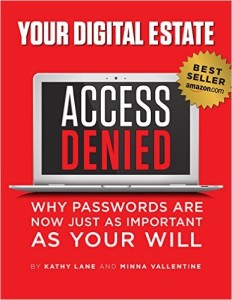 In August 2013, Lynn Day Arsenault was shot to death by a man she didn’t know. A few months later, her surviving spouse and fourth husband, Donald Arsenault, showed up with a supposed will that left him all of her assets and left nothing to her three adult sons.
In August 2013, Lynn Day Arsenault was shot to death by a man she didn’t know. A few months later, her surviving spouse and fourth husband, Donald Arsenault, showed up with a supposed will that left him all of her assets and left nothing to her three adult sons.
Her sons doubted that this could actually be her last will and testament. After all, she had been very generous, caring and helpful to them thorough out their lives.
After a two-day trial which included testimony by a handwriting expert, the Waldo County Probate Judge found that the document presented by Arsenault was fraudulent and the signature forged. She therefore decreed that Lynn Day Arsenault had died intestate and that her sons are her true heirs.
The spouse had already sold a house she owned without court approval and the location of her other assets has not yet been determined. Whatever they are, the spouse will receive nothing.
Whether he will be prosecuted for attempting to pass off a fake will as real is still up in the air.
More than 50% of people in the United States die with no will and, in actuality, Lynn Day Arsenault was one of them.
Don’t leave your estate in a mess; be sure that you have a legally executed will and if you think there may be disputes between a spouse and children from another marriage, tell your legal representative where that will is located. That way, there will be no dispute when you die and no question of whether your will is real or not.
For more information about end of life planning and will preparation, go to our website www.diesmart.com.




